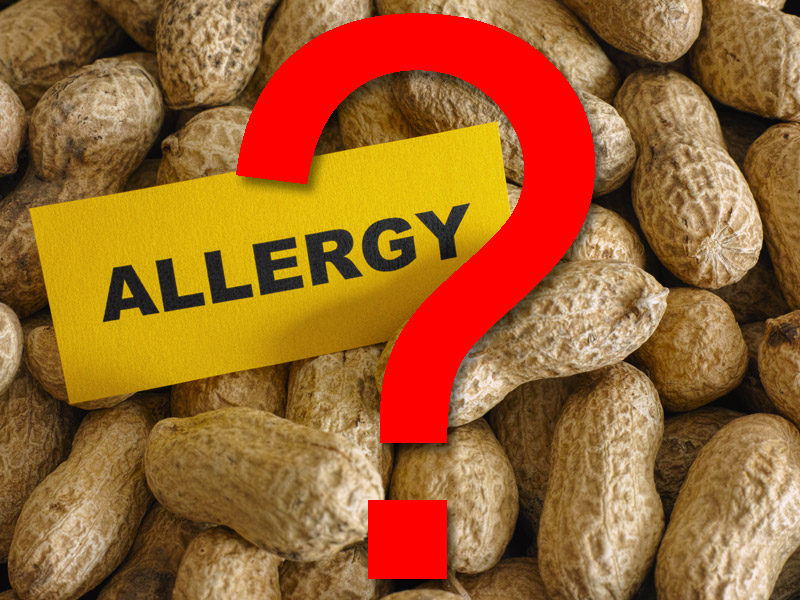It is a very rare case for lung transplant recipients to acquire a food allergy from a donor organ, said Dr. Mazen Odish, lead author of the case report, pulmonary and critical care fellow at the University of California – San Diego Medical Center, which treated the woman.
There have only been four or five case reports in which organ recipients have contracted peanut allergies with anaphylaxis following a lung transplant, Odish told Ant Medic.
Identify the culprit
The woman in the case needed a single lung transplant to treat her emphysema, a condition in which the air sacs of the lungs are damaged, making breathing difficult. She received a new left lung from a 22-year-old male donor, said Odish.
The woman’s recovery was well after the transplant, but the day before she returned to the hospital, she felt tightness in her chest and found it very difficult to breathe, the report said. Her doctors initially did not know why she was experiencing these symptoms of respiratory failure, and tests at the time failed to clearly explain this.
It was only when the woman mentioned that her symptoms started immediately after eating a PB&J sandwich that the doctors started to suspect a food allergy, even though the woman had no other common allergic symptoms, such as a rash or upset stomach.
Sometimes you really want a peanut butter and jelly sandwich. And, as long as you’re not allergic to the ingredients, that’s fine. At least that’s what a woman thought.
Because the woman had never had peanut consumption problems before, doctors contacted the transplant agency, which confirmed that the donor had a known peanut allergy, according to the case report.
So, with the lungs, the woman also appears to have received a peanut allergy from the donor, Odish told Ant Medic.
Although it is rare that food allergies are transferred from organ donors to transplant recipients, this does happen: cases of food allergies acquired from organ donors have been reported after liver, kidney transplant , lung, bone marrow, heart and kidney, the authors wrote. .
But not all transplant recipients who obtain an organ from a donor with food allergies detect sensitivity, which can appear from a few days to several months after the transplant. Studies have suggested, for example, that children and people who receive liver transplants may be more likely to develop food allergies from organ donors who have them.
Other research has shown that food allergies acquired by transplant occur more frequently when organ recipients are prescribed tacrolimus, an immunosuppressive drug used to reduce the risk of organ rejection after transplant. In this case, the woman was on tacrolimus.
Skin tests then confirmed that the woman was allergic to peanuts, and she also tested positive for almonds, cashews, coconuts and hazelnuts. Doctors advised her to avoid peanuts and nuts, and she received an EpiPen if she had a serious new allergic reaction to these foods.
It is not clear whether food allergies acquired through transplantation remain a permanent concern for patients, said Odish, as it is possible that the allergy may decrease in some people. Allergic doctors will likely continue to test the woman for peanut and nut allergies to see if her tolerance for these foods changes over time, he noted.


Leave a Reply